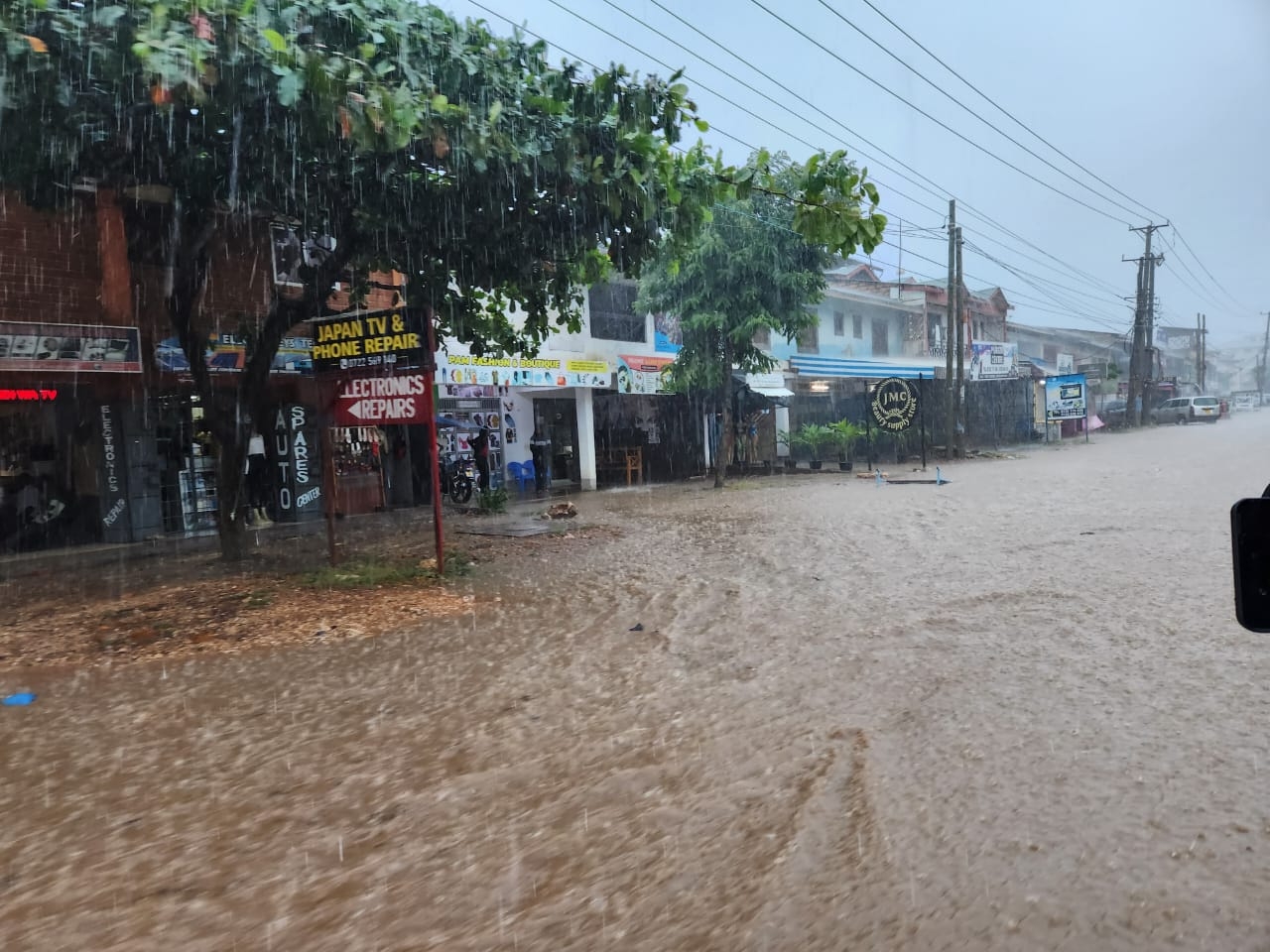Supreme Court Judge Smokin Wanjala has urged Kenyans to embrace Alternative Justice Systems saying it offers solutions to conflicts as compared to the formal justice system which only delivers judgments.
The apex court judge who is also the Director, Kenya Judiciary Academy (KJA), was speaking in Trans Nzoia county on Monday during the launch of the Alternative Justice Systems (AJS).
Justice Wanjala pointed out that whereas courts sit, deliberate and reach verdicts in a formal setting, judgments delivered usually don’t bring reconciliation.
“He who wins the case is the one who gets happy, and they will go chest-thumping but the loser will not be happy, he may even forget that God exists and turn to Satan because of the pain,” he said.
The Judiciary has for years been advocating for Alternative Justice Systems as opposed to the conventional judicial processes which are fraught with a number of challenges.
Besides being costly, the formal justice system is sometimes lengthy due to injunctions, postponements and understaffing while some complex cases involve many witnesses.
The above factors act as barriers to access to justice especially for the poor and illiterate who find it cumbersome to file cases.
A ‘Justice Needs and Satisfaction Survey’ the Judiciary conducted in 2017, showed that only 10 per cent of those with justice needs use the formal justice institutions to solve their legal problems.
However, the informal justice systems, such as customary and traditional dispute resolution mechanisms, which provide a win-win outcome for both parties, are often more accessible and affordable than formal justice systems.
Justice Wanjala pointed out that the formal justice system, though essential, has created rifts in society as only one party deems the outcome of a case as fair.
“This has created animosity, tension, problem, war, conflict within societies, within communities and even within families,” he said.
“You all know even brothers take each other to court, and while there the court gives its verdict. Once they get home, will there be peace? Never!”
In its commitment to push for Alternative Justice Systems, Justice Wanjala said that the Judiciary has launched three AJS Suites (Ukumbi) in Kitale, Kiminini and Cherangany to expand access to justice for Trans Nozia residents.
He said with the establishment of the AJS Suites, not only will dispute resolution be cost-effective and speedy; it will also give hope since justice will not only be seen to be done, but done promptly and fairly.
"These Suites are a tangible representation of our dedication to entrenching a justice system that is independent, efficient and responsive to the aspirations of all Kenyans," Justice Wanjala said.

















